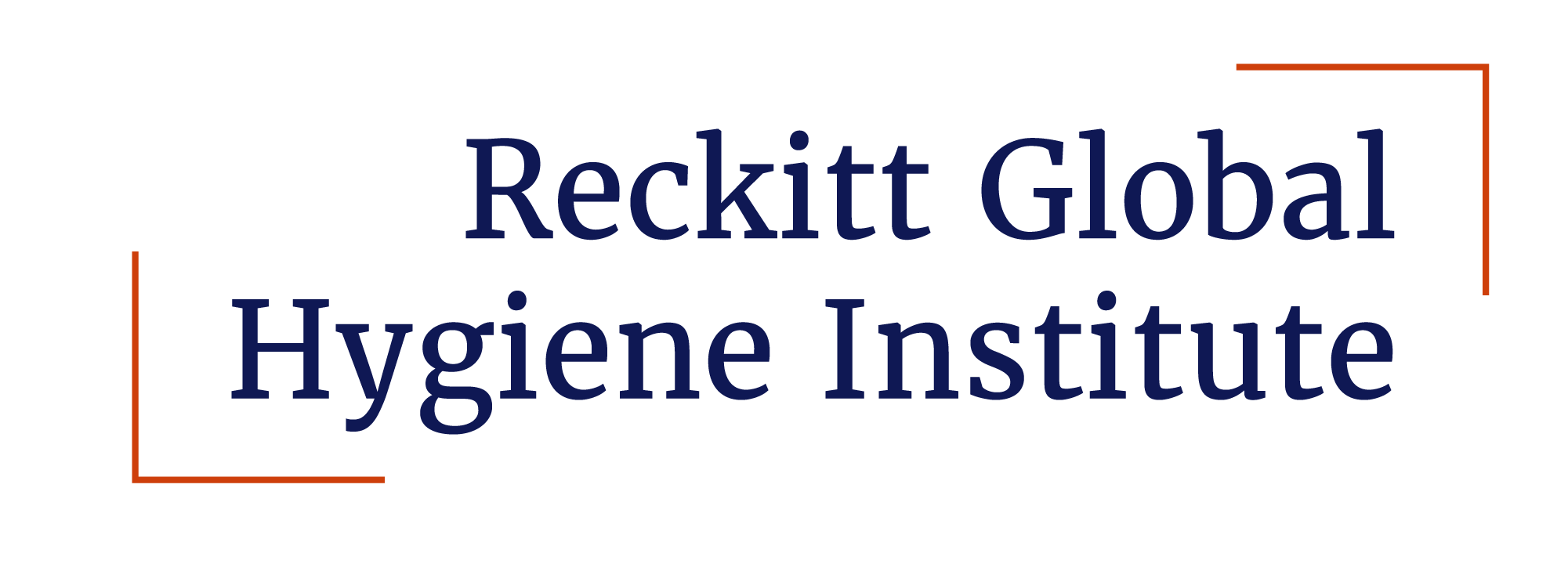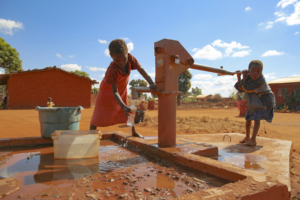Not for the Faint-Hearted: Why Investing in Hygiene Needs Bold and Courageous Partners
Sarah Roberts, Executive Director, RGHI
This week, I had the opportunity to attend a thought-provoking plenary session at UNC focused on Finance and Why It Matters. The discussion centered around the pressing water funding crisis, prompting me to reflect on our own funding journey at the Reckitt Global Hygiene Institute (RGHI). As we embark on a new chapter, we are filled with excitement about the opportunities that lie ahead. Over the past five years, thanks to Reckitt’s visionary founding donation, RGHI has been able to act on its mission to fund transformative and collaborative hygiene research. Now with a maturing research portfolio and a refreshed strategy, RGHI is seeking renewed funding to continue advancing its mission.
However, investing in hygiene research is not for those seeking quick wins or immediate results—it demands visionary partners who can see the long-term, transformative power of prevention. Hygiene is the bedrock of sustainable public health. By contributing to the containment and prevention of public health crises before they arise, hygiene plays a critical role in global health, and it is here that bold corporate leadership, through strategic partnerships, can play a pivotal role.
A Visionary Approach
Reckitt’s decision to launch RGHI exemplifies the type of long-term vision needed to tackle global hygiene challenges. In a world focused on immediate interventions targeting rapid results, Reckitt made a bold, long-term commitment to hygiene research, demonstrating leadership in advancing public health. This investment ensures hygiene remains central to global public health policies and strategies and has gained attention from senior leaders at the World Health Organisation and national governments. Professor Jeremy Farrar, Chief Scientist at the WHO opened the RGHI-Chatham House Global Hygiene Symposium last year highlighting the immense potential for hygiene as a corner stone of global health security and noting it’s centrality to tackling immediate challenges including Anti-Microbial Resistance and pandemic threats.
Since its inception, RGHI has not only advanced global hygiene research but also strengthened the capacity and leadership of the sector through fostering key partnerships across academic, policy and public health system actors. Its impact is already being felt through collaborative efforts to promote hygiene as a core pillar in public health worldwide
The Long Game
Hygiene initiatives require patience and persistence, but the payoffs are immense—healthier populations, resilient economies, and reduced healthcare costs and carbon impacts. Investing in hygiene research through RGHI champions hygiene as a fundamental aspect of public health, creating sustainable, long-term change. In many regions, poor hygiene practices remain a barrier to development. Investment in hygiene fosters stable, thriving markets, leading to healthier communities and stronger economies. It’s a long-term strategy that breaks the cycle of poverty and disease, empowering individuals and communities to live and work in healthier spaces, fundamentally underpinning economic growth and development of nations.
Changing Systems, Not Just Symptoms
Through investment from Reckitt, RGHI has been able to work with key global stakeholders to look at the systems that support and enable hygienic behaviours. Investing in hygiene is not just about short-term fixes—it’s about creating a future where public health is proactive, not reactive. As we’ve seen with RGHI, bold decisions today lay the foundation for healthier communities and stronger economies tomorrow. For those with the vision and courage to step forward, the opportunity to drive lasting global change in hygiene is both timely and transformative. The long-term rewards—healthier populations, resilient markets, and a more sustainable world—are worth the investment.


